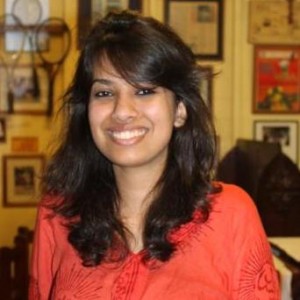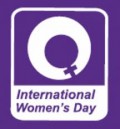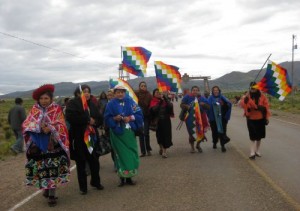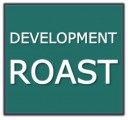 By: Lykke E. Andersen*
By: Lykke E. Andersen*
Today is International Women’s Day and you are likely to be bombarded with posts, articles and speeches listing all the ways in which women are wronged and discriminated against. Some of it is true in some places, and there are definitely problems that have to be dealt with, but the concept of Women’s Day still bothers me, for several reasons.
First, designating one day as Women’s Day would seem to imply that the other 364 days of the year are men’s days. That is a very long way from equality. Either we should have one Women’s day and one Men’s day, or neither of the two. Anything else would be discriminating.
Second, Women’s Day tends to perpetuate the perception that women are weak and repressed and unfairly treated. But why is it that in almost every country on Earth (except Botswana, Swaziland and Mali), women live longer than men? (1). Either women are built much tougher or they live easier, less dangerous and less stressful lives than men. Women are a lot smarter and stronger than feminists give them credit for.
 Development Roast Giving international development a proper roasting
Development Roast Giving international development a proper roasting

 By Ioulia Fenton and Tracey Li.
By Ioulia Fenton and Tracey Li.
 What exactly leads to development is a topic of great debate in academic and practical circles. Proposed cures for
What exactly leads to development is a topic of great debate in academic and practical circles. Proposed cures for  Since the
Since the